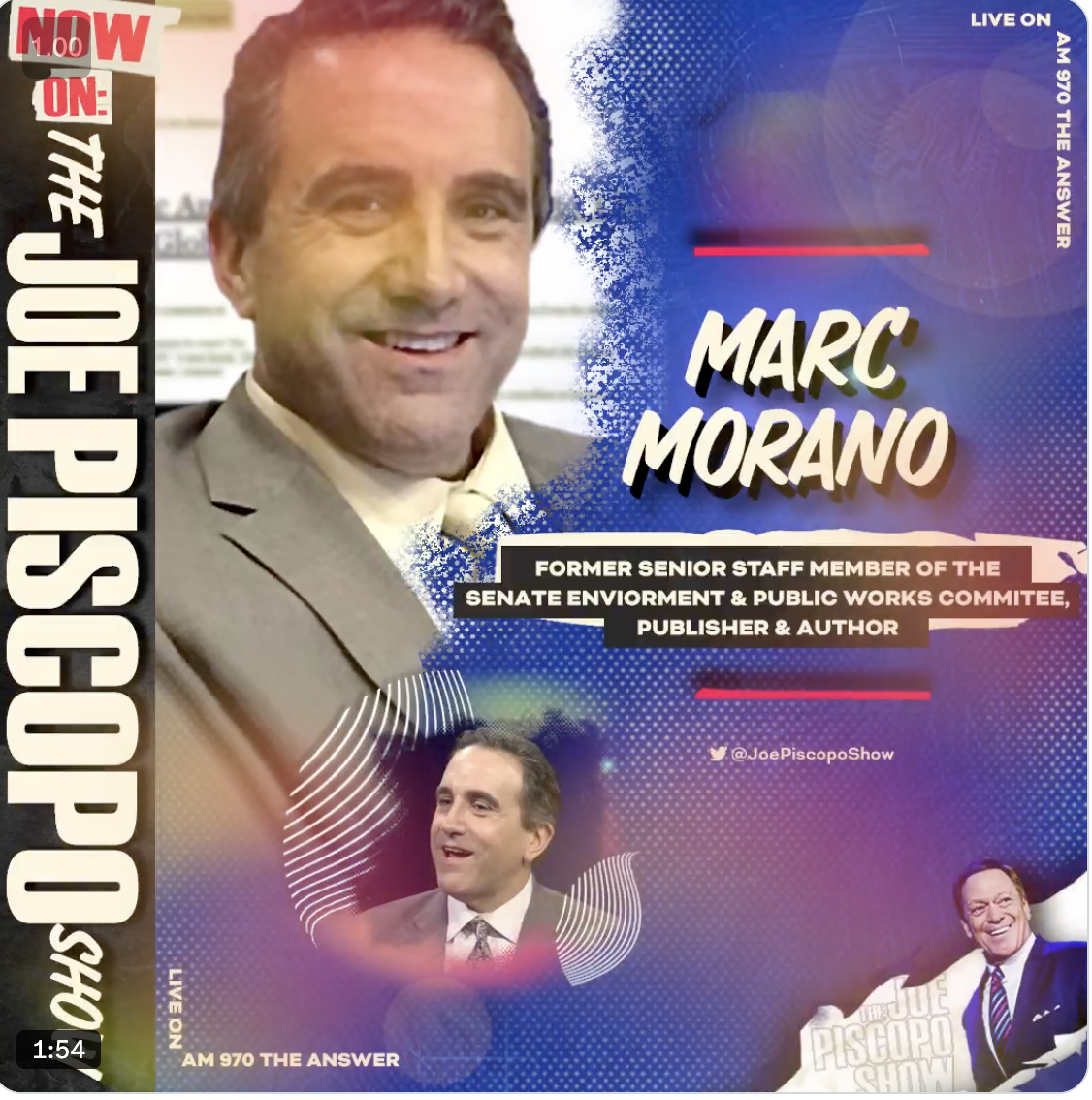https://rclutz.wordpress.com/2020/01/17/kids-climate-lawsuit-dismissed-on-appeal/
by Ron Clutz
Juliana et al. Vs US Federal Government is Dismissed.
A federal appeals court on Friday threw out a lawsuit by children and young adults who claimed U.S. government climate policy put their future in jeopardy, a major blow to the high-profile case after a string of failed similar bids.
In a 2-1 decision, the 9th U.S. Circuit Court of Appeals said the plaintiffs, who were ages 8 to 19 when the lawsuit began, lacked legal standing to pursue their case, and that the issues they raised should be decided by other branches of the federal government.
The decision derails the potentially far-reaching case, one of more than half a dozen similar cases filed in state courts, from Washington to Alaska, by an Oregon-based youth advocacy non-profit called Our Children’s Trust.
The lawsuit had first been filed in an Oregon federal court in 2015, charging that the U.S. government’s environmental and energy policies violated the children and young adults’ constitutional rights to thrive in a liveable atmosphere. (Reporting by Sebastien Malo Editing by Franklin Paul and Frances Kerry) Source: Natrional Post
Full PDF of Ruling is here: Climate Change / Standing Excerpts of Summary in italics with my bolds
The panel reversed the district court’s interlocutory orders in an action brought by an environmental organization and individual plaintiffs against the federal government, alleging climate-change related injuries to the plaintiffs caused by the federal government continuing to “permit, authorize, and subsidize” fossil fuel; and remanded to the district court with instructions to dismiss for lack of Article III standing.
Some plaintiffs claimed psychological harms, others impairment to recreational interests, others exacerbated medical conditions, and others damage to property. Plaintiffs alleged violations of their constitutional rights, and sought declaratory relief and an injunction ordering the government to implement a plan to “phase out fossil fuel emissions and draw down excess atmospheric [carbon dioxide].”
The panel held that: the record left little basis for denying that climate change was occurring at an increasingly rapid pace; copious expert evidence established that the unprecedented rise in atmospheric carbon dioxide levels stemmed from fossil fuel combustion and will wreak havoc on the Earth’s climate if unchecked; the record conclusively established that the federal government has long understood the risks of fossil fuel use and increasing carbon dioxide emissions; and the record established that the government’s contribution to climate change was not simply a result of inaction.
The panel rejected the government’s argument that plaintiffs’ claims must proceed, if at all, under the Administrative Procedure Act (“APA”). The panel held that because the APA only allows challenges to discrete agency decisions, the plaintiffs could not effectively pursue their constitutional claims – whatever their merits – under that statute.
The panel considered the three requirements for whether plaintiffs had Article III standing to pursue their constitutional claims. First, the panel held that the district court correctly found that plaintiffs claimed concrete and particularized injuries. Second, the panel held that the district court properly found the Article III causation requirement satisfied for purposes of summary judgment because there was at least a genuine factual dispute as to whether a host of federal policies were a “substantial factor” in causing the plaintiffs’ injuries.
Third, the panel held that plaintiffs’ claimed injuries were not redressable by an Article III court.
Specifically, the panel held that it was beyond the power of an Article III court to order, design, supervise, or implement the plaintiffs’ requested remedial plan where any effective plan would necessarily require a host of complex policy decisions entrusted to the wisdom and discretion of the executive and legislative branches.
The panel reluctantly concluded that the plaintiffs’ case must be made to the political branches or to the electorate at large.
District Judge Staton dissented, and would affirm the district court. Judge Staton wrote that plaintiffs brought suit to enforce the most basic structural principal embedded in our system of liberty: that the Constitution does not condone the Nation’s willful destruction. She would hold that plaintiffs have standing to challenge the government’s conduct, have articulated claims under the Constitution, and have presented sufficient evidence to press those claims at trial.
Several posts here on this legal initiative: For example:
Climate Kids Spurious Lawsuit Claims
Supremes Kick Kids Lawsuit Down the Road
Climate War Human Shields (Background on Our Children’s Trust)





